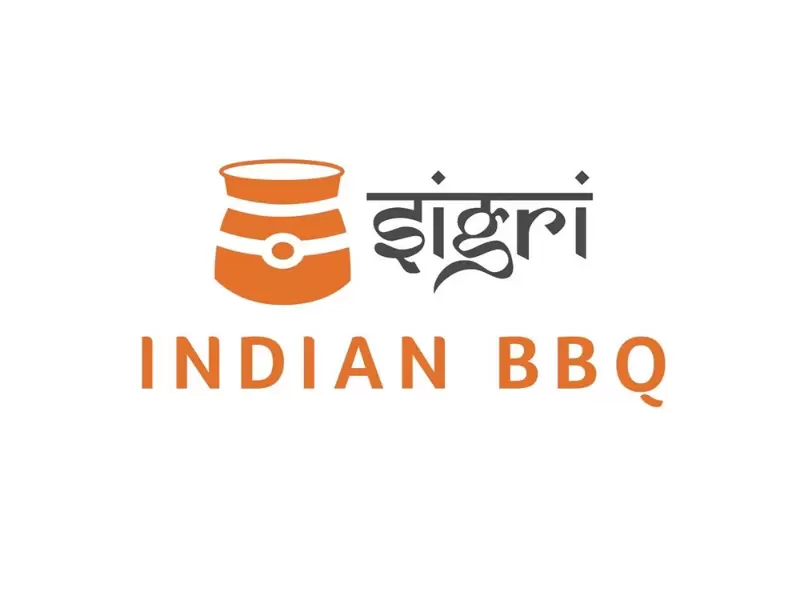ADVERTISEMENT
Short Videos
See MoreCommunity
See MoreIndo-Canadian funds hurricane relief in Jamaica
The donation was directed to three aid groups supporting emergency response and reconstruction after Hurricane Melissa.
ADVERTISEMENT
Videos
View AllOpinion
See MorePeople
See MoreSt. Kate’s names Anupama Pasricha to leadership integration role
Pasricha, who currently serves as dean of the School of Business, will transition to the new role effective Jan. 5, 2026.
ADVERTISEMENT
Entertainment
See MoreImmigration
See MoreFood
See MoreSPORTS NEWS
See MoreGreen made his IPL debut in the 2023 season after...
Messi was scheduled to land in the national capital earlier...
The Indian team became fifth nation to win a major...
Left-arm quick Arshdeep returned figures of 2-13 as India bowled...




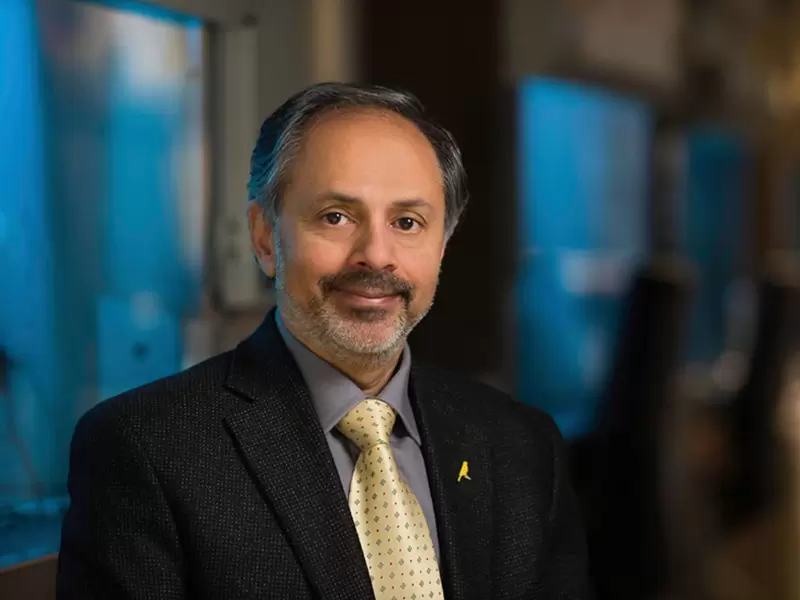
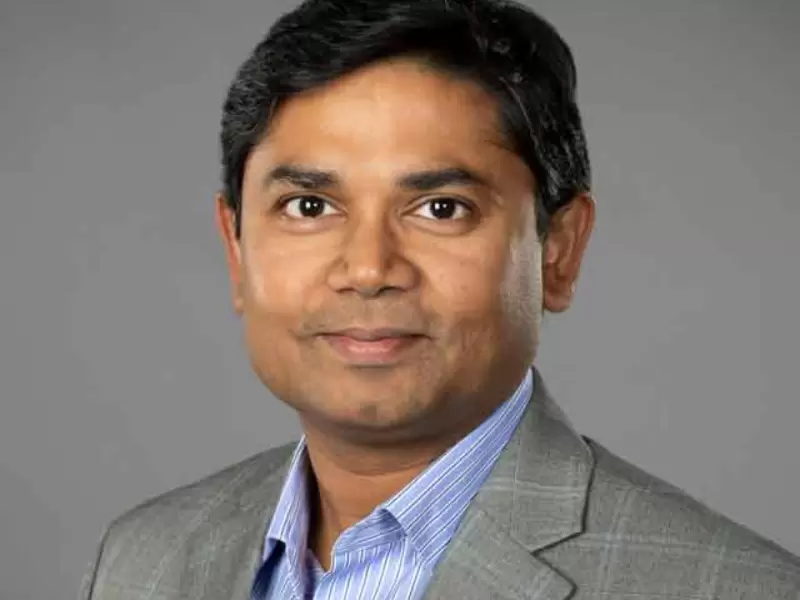
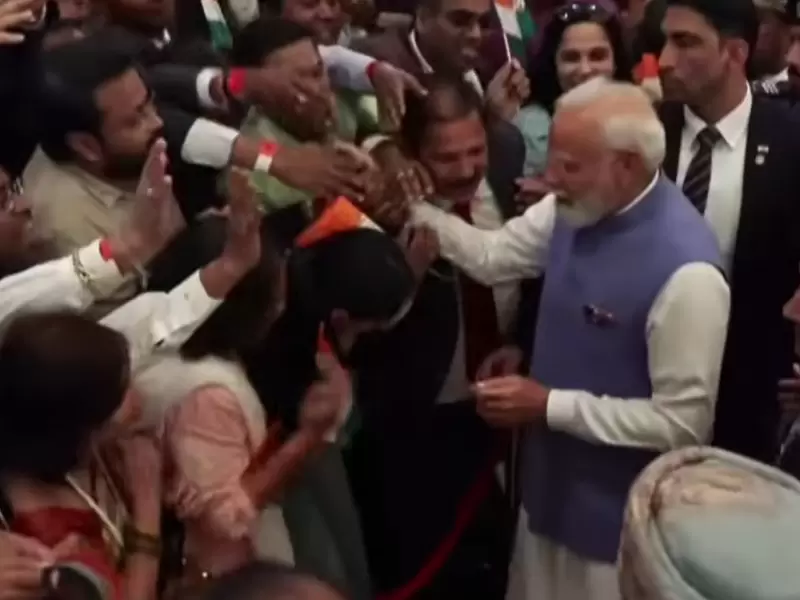





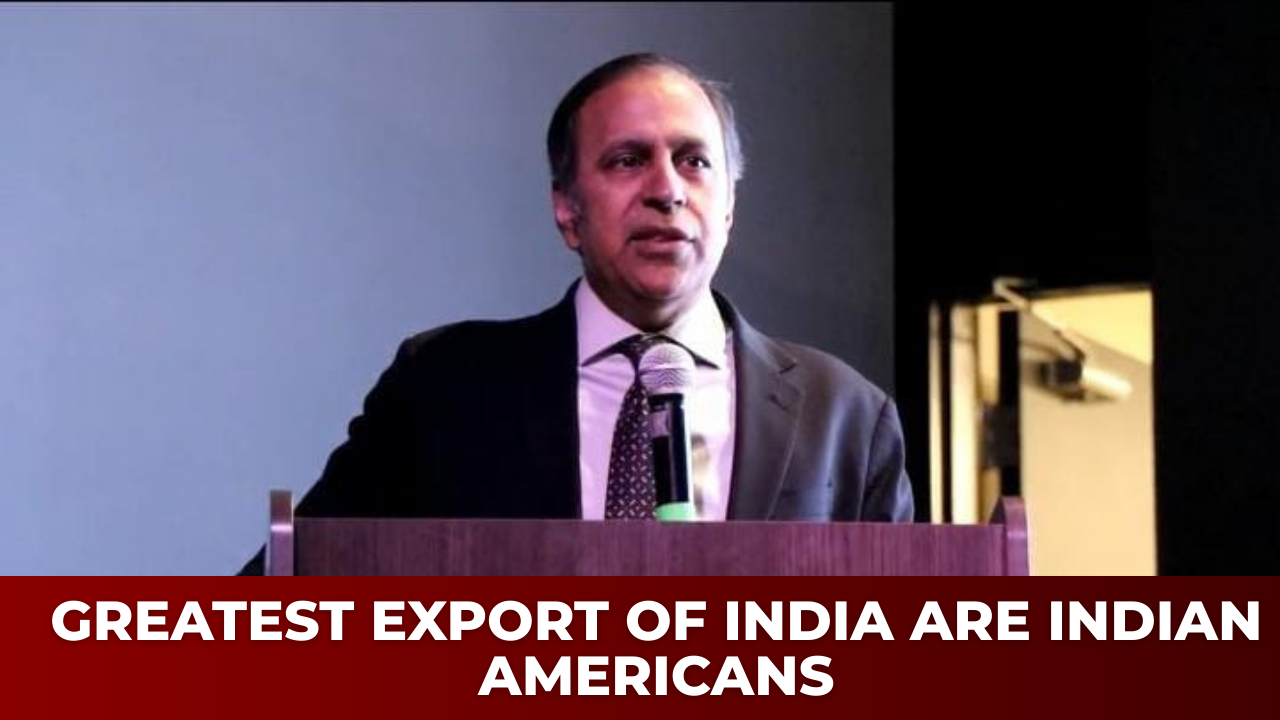




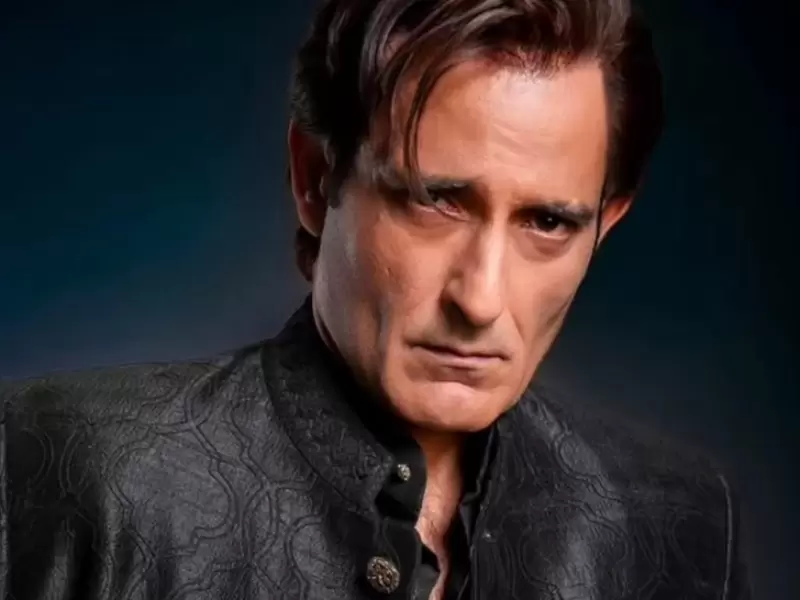
.png)





